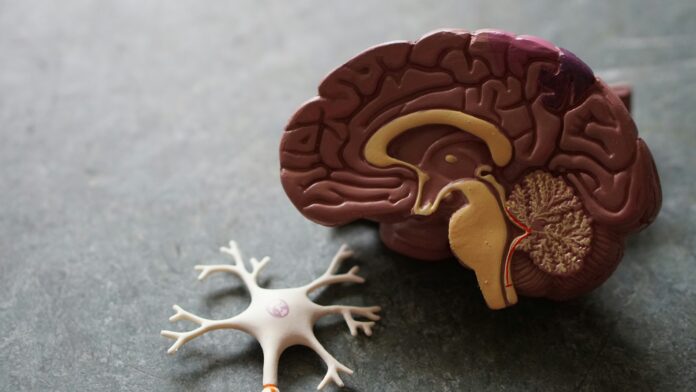The University of Hawaiʻi at Mānoa recently published a new study examining the diversity in dementia risk factors across different races and ethnicities.
According to a news release from the university, the study examined 92,000 participants from the Multiethnic Cohort Study (MEC), which focuses on residents in Hawai’i and Los Angeles. Researchers disaggregated by racial and ethnic groups, including Japanese American, White, Latino, Black, and Native Hawaiian.
Previous research typically lumped Native Hawaiians in with other Asian American groups, but the new study examined data specific to Native Hawaiians.
The study found that, after a nine-year follow-up, around 16,500 patients had been diagnosed with dementia. Specifically, 24% of Black participants and 14% of Native Hawaiians.
The news release highlighted top contributing risk factors across demographics, including two findings specific to Japanese Americans and Native Hawaiians:
- Low socioeconomic status, physical inactivity and less education were top risk factors for Native Hawaiians
- Physical inactivity was a top risk factor for Japanese Americans
“There is no cure for Alzheimer’s disease, so preventing or delaying this disease by reducing controllable risk factors is an urgent public health priority,” study author and UH Cancer Center researcher Song-Yi Park, PhD, said in a news release.
Support our June Membership Drive and receive member-only benefits. We are 27% of our goal of $10,000 in new donations and monthly and annual donation pledges by the end of the Month.
We are published by the non-profit Asian American Media Inc and supported by our readers along with the Robert Wood Johnson Foundation, AARP, Report for America/GroundTruth Project & Koo and Patricia Yuen of the Yuen Foundation.
You can make your tax-deductible donations here via credit card, debit card, Apple Pay, Google Pay, PayPal and Venmo. Stock donations and donations via DAFs are also welcomed. Contact us at info @ asamnews dot com for more info.




